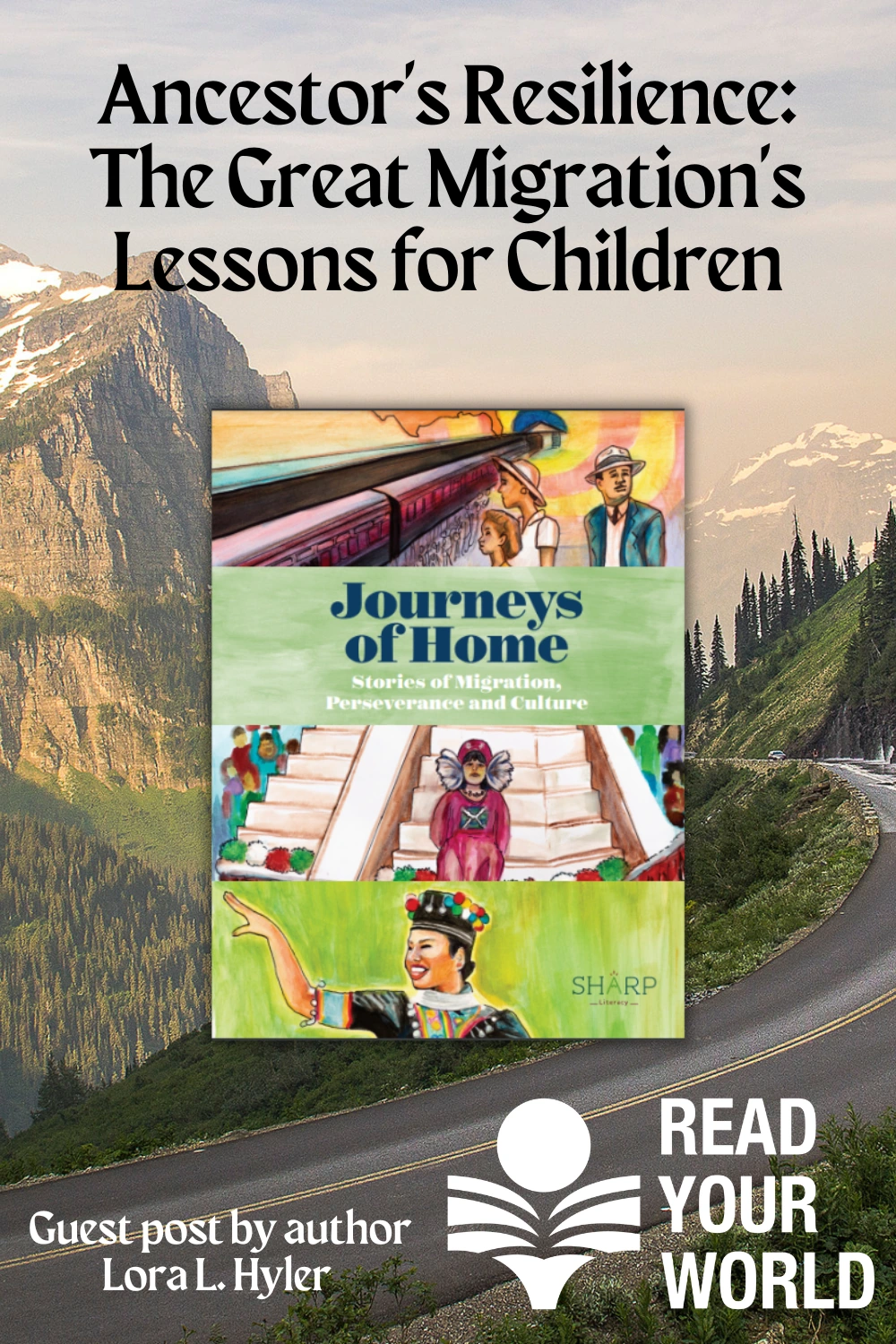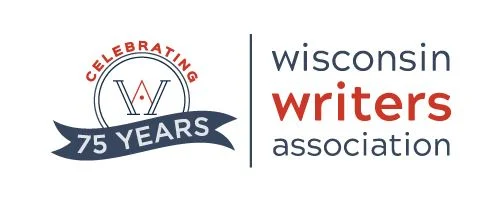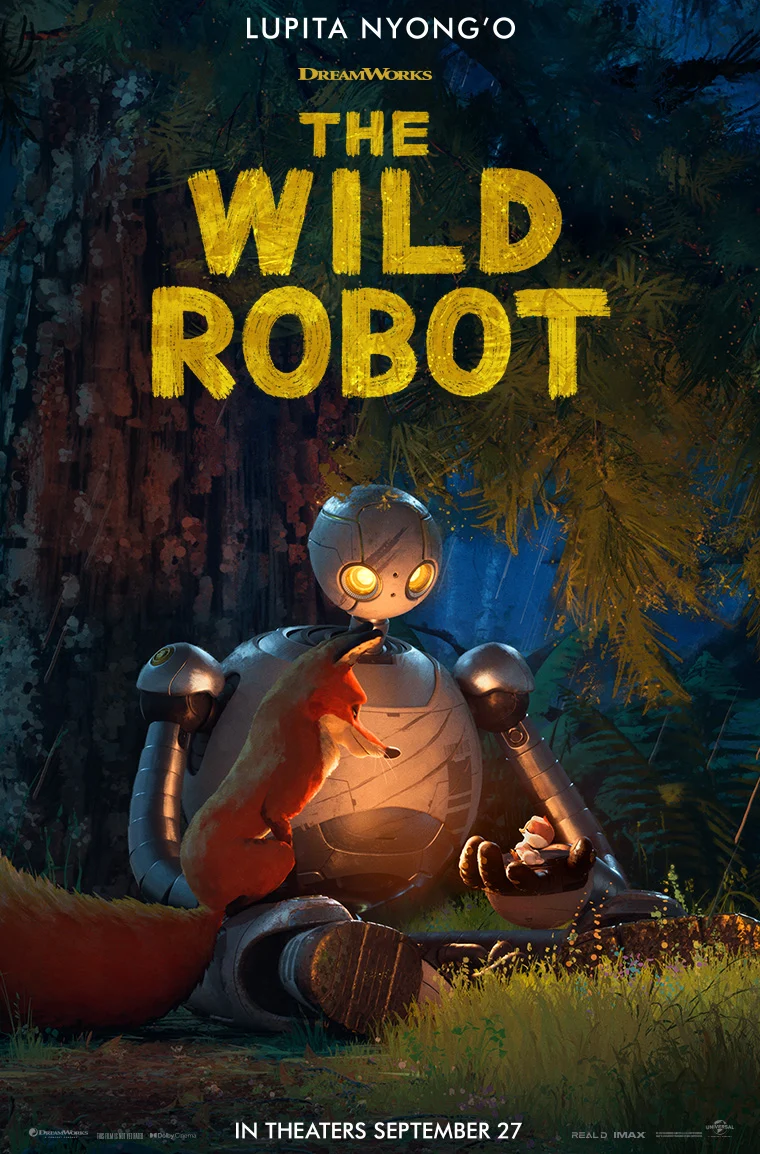Guest Post on the “Read Your World” blog
A day before the Summer Solstice, I enjoyed the company of a professional baseball player, a coach, and the famous Racing Sausages, all members of the Milwaukee Brewers baseball team. The playground was filled with excited schoolchildren. Indeed, summer was in the air.
The occasion was Sharp Literacy’s Summer Kick-Off and the launch of its newest book in its We Love to Learn series, Journeys of Home: Stories of Migration, Perseverance, and Culture. As the lead author of this project, I was excited to see the book finally reach the hands of eager readers.
The colorful cover of the oversized book invites the reader into the heart-felt personal stories of its three authors. Maysee Herr, Xela Garcia, and I are each writing from our individual perspectives as Hmong American, Mexican American, and African American. Our talented illustrator, Rozalia Hernandez-Singh is Afro-Latina and adeptly translated our remembrances into colorful depictions of our ancestors’ lives. Our Chinese-Irish editor, Adam Carr, truly rounds out our diverse group of creators.
Joyously, I learned early in the book project that several schools would be invited to workshops that would encourage their students to write their own essays and poems. The young voices ring out strong, leading to a delectable potpourri of family values, cultural practices, celebrations, and cuisine. Between the adults and students, we represent Africa, the Caribbean, Latin America, Europe, and many places in between.
The Great Migration Stands Out
As Pulitzer-prize-winning author Isabel Wilkerson points out in her critically lauded book, The Warmth of Other Suns, the outpouring of six million Americans from the Jim Crow South to cities of the North, West, and East from 1915-the 70s, requires a special note.
“This was the first time in American History that American citizens had to flee the land of their birth to be recognized as the citizens they had always been.” We know migration is usually a youthful undertaking. “It’s the kind of thing you do when you’re on the cusp of life,” says Wilkerson.
As debate rages in our country about which books and stories will land on shelves and reach the hands of our children, I assert the following:
Children are much smarter than we give them credit for.
Reading stories of their ancestors and their classmates’ ancestors opens up their minds, preparing them to become empathetic, fully-formed human beings.
Eventually, they venture beyond the narrow gates of their own upbringing and will welcome a strong backbone of wisdom and resilience.
I have to ask, “Aren’t these the qualities we want to pass on to our children?”
Let’s all take a moment and wonder who we might have become had it not been for a determined ancestor setting out in search of a better life. Some left to flee war, oppression, and other violence. Yet, they were all undoubtedly filled with the human yearning for a life they couldn’t enjoy in their native lands. They all believed deeply in the promise of America, risking all they had come to know and love.
I challenge each of you to honor that ancestor in your own lineage by educating yourself and your children to respect their lineage and that of others. This is the least we can commit to. Our country’s very survival depends on it.

